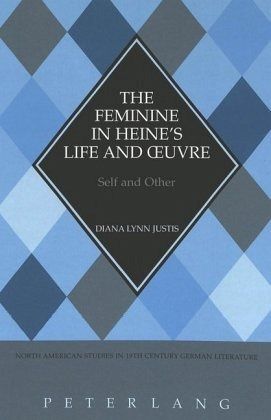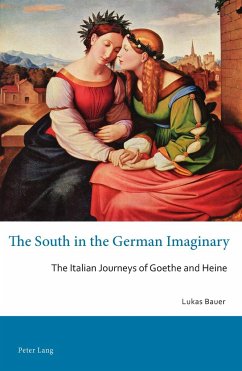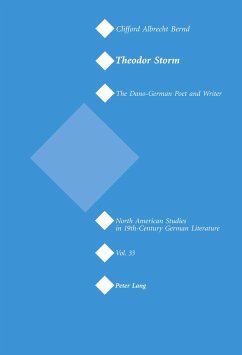Nicht lieferbar

The Feminine in Heine's Life and Oeuvre
Self and Other
Versandkostenfrei!
Nicht lieferbar
Heinrich Heine's literary representations of women and interactions with women vividly demonstrate his own feminine position as a multi-marginal German-Jewish writer of the nineteenth century. Heine, like many Jews of that era, internalized the European cultural stereotype of the Jew as "woman", that is, as essentially inferior and marginal. His feminine position underscored a shared spiritual affinity, which, despite considerable efforts at disguise, he was unable to deny.





